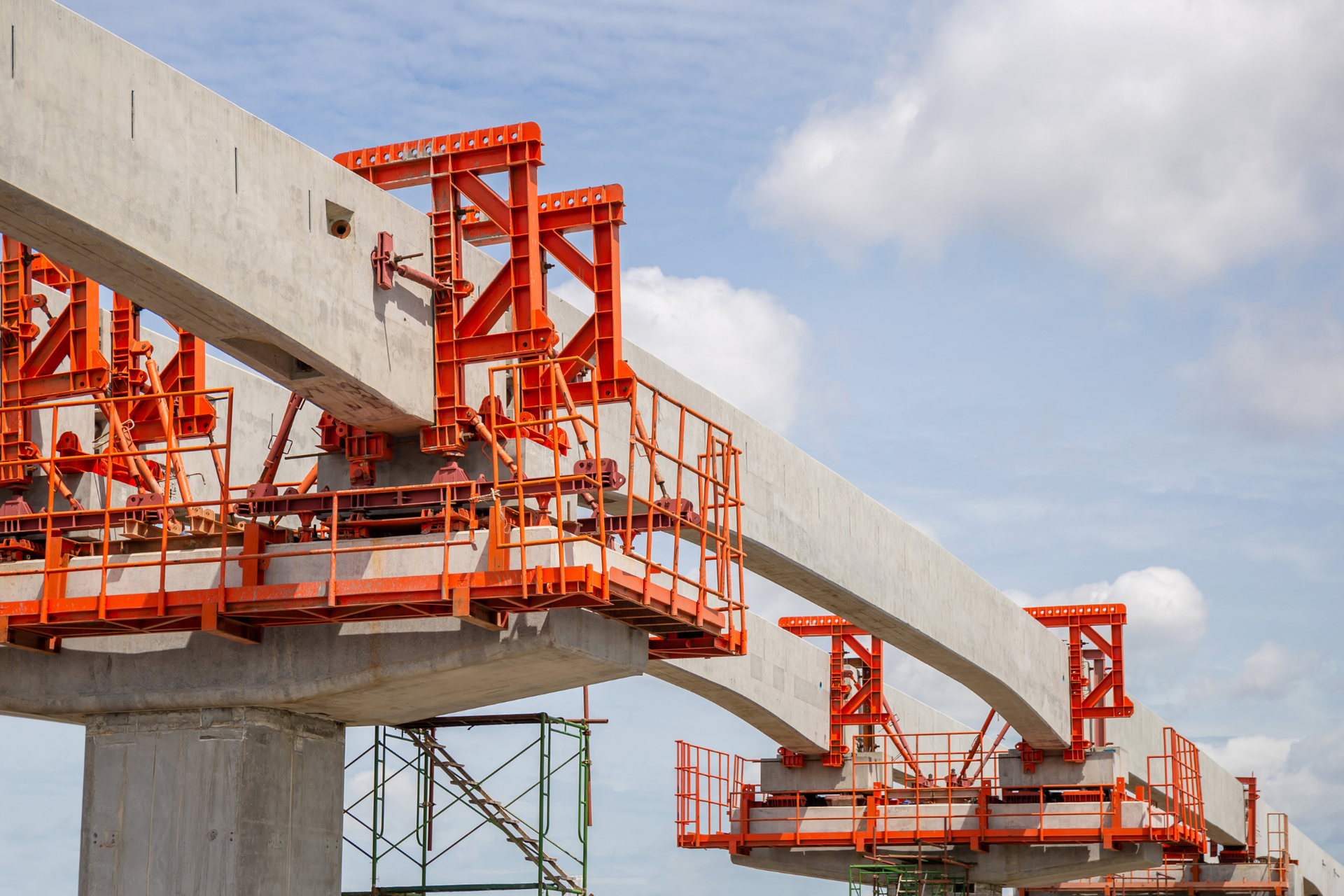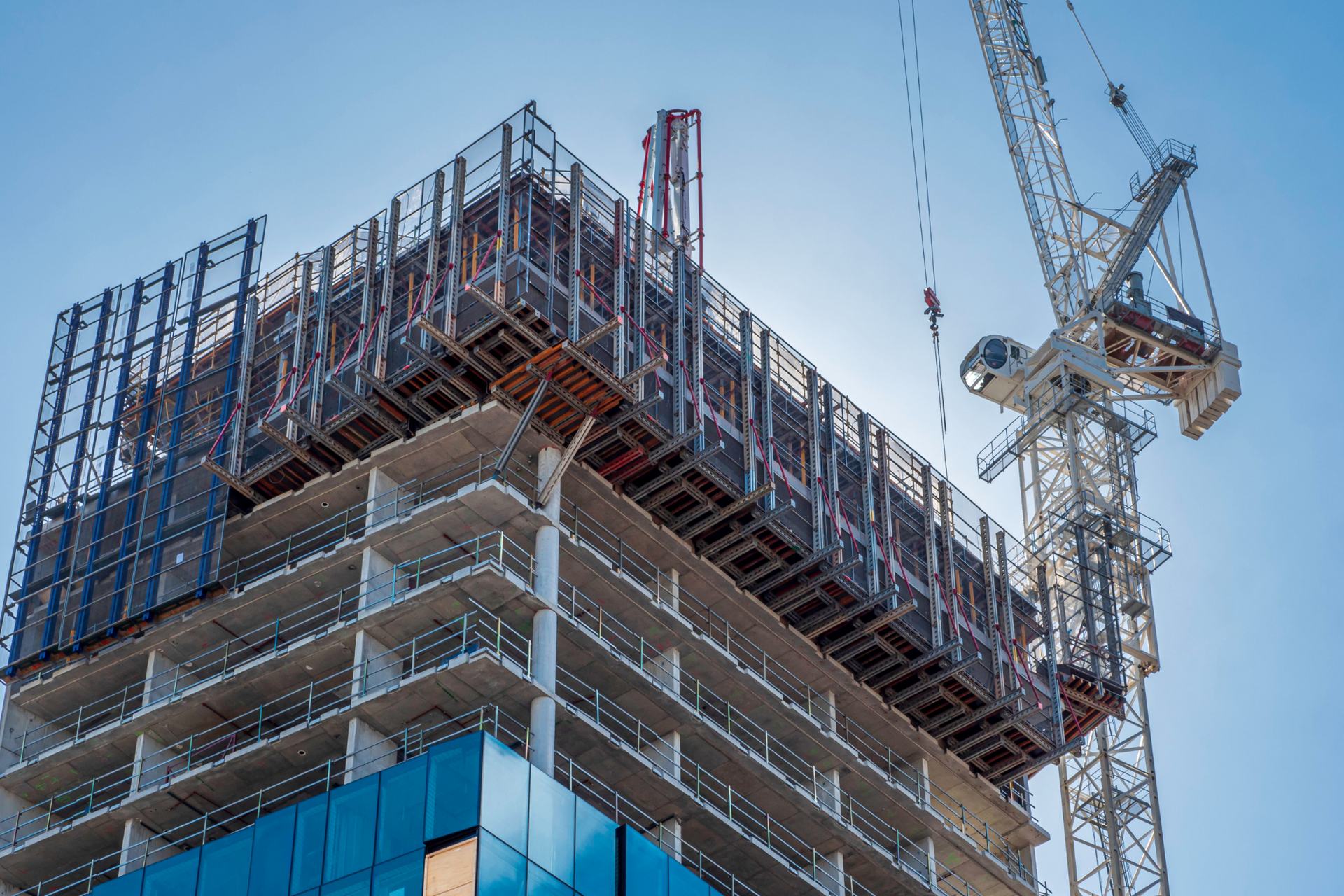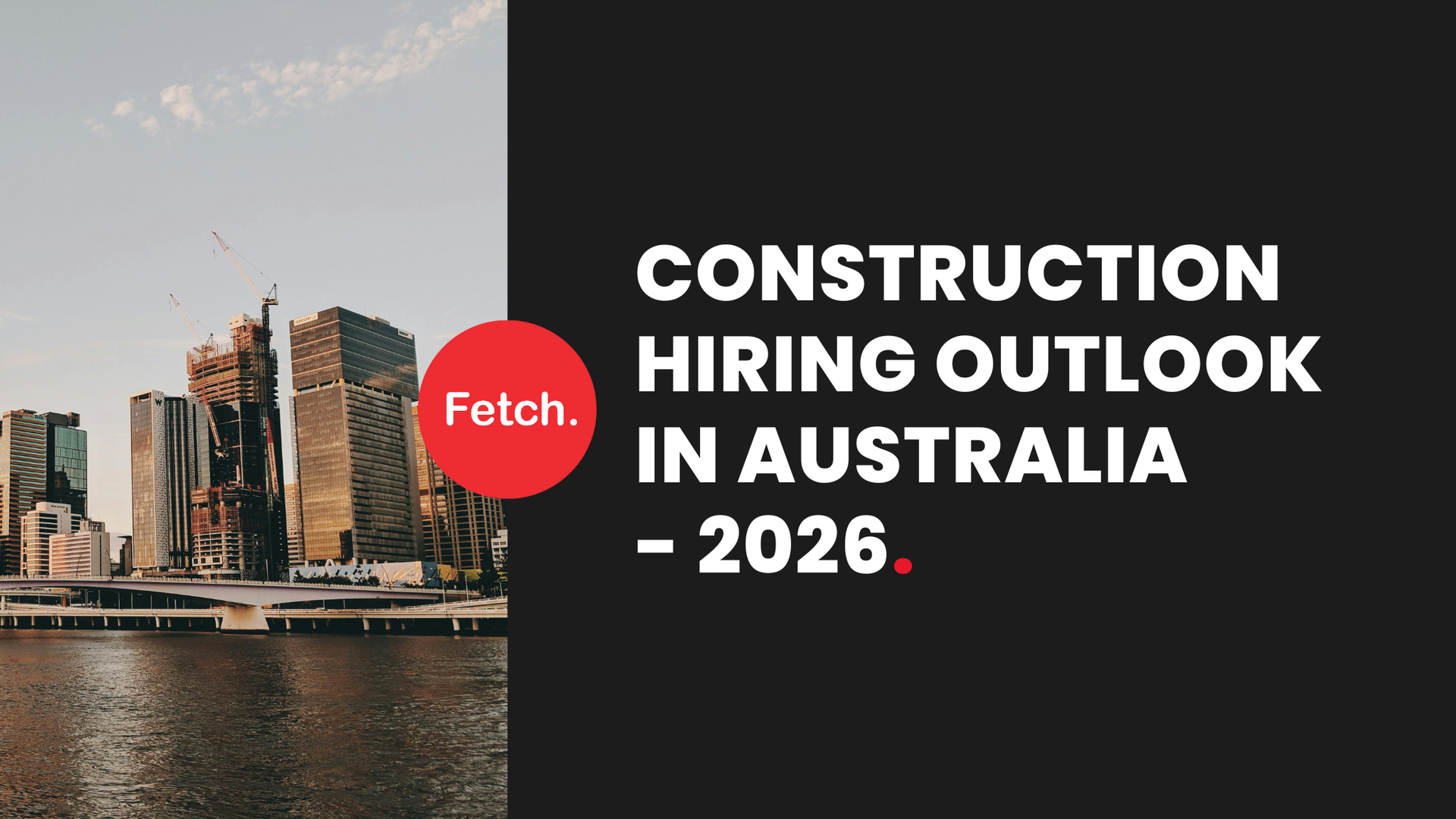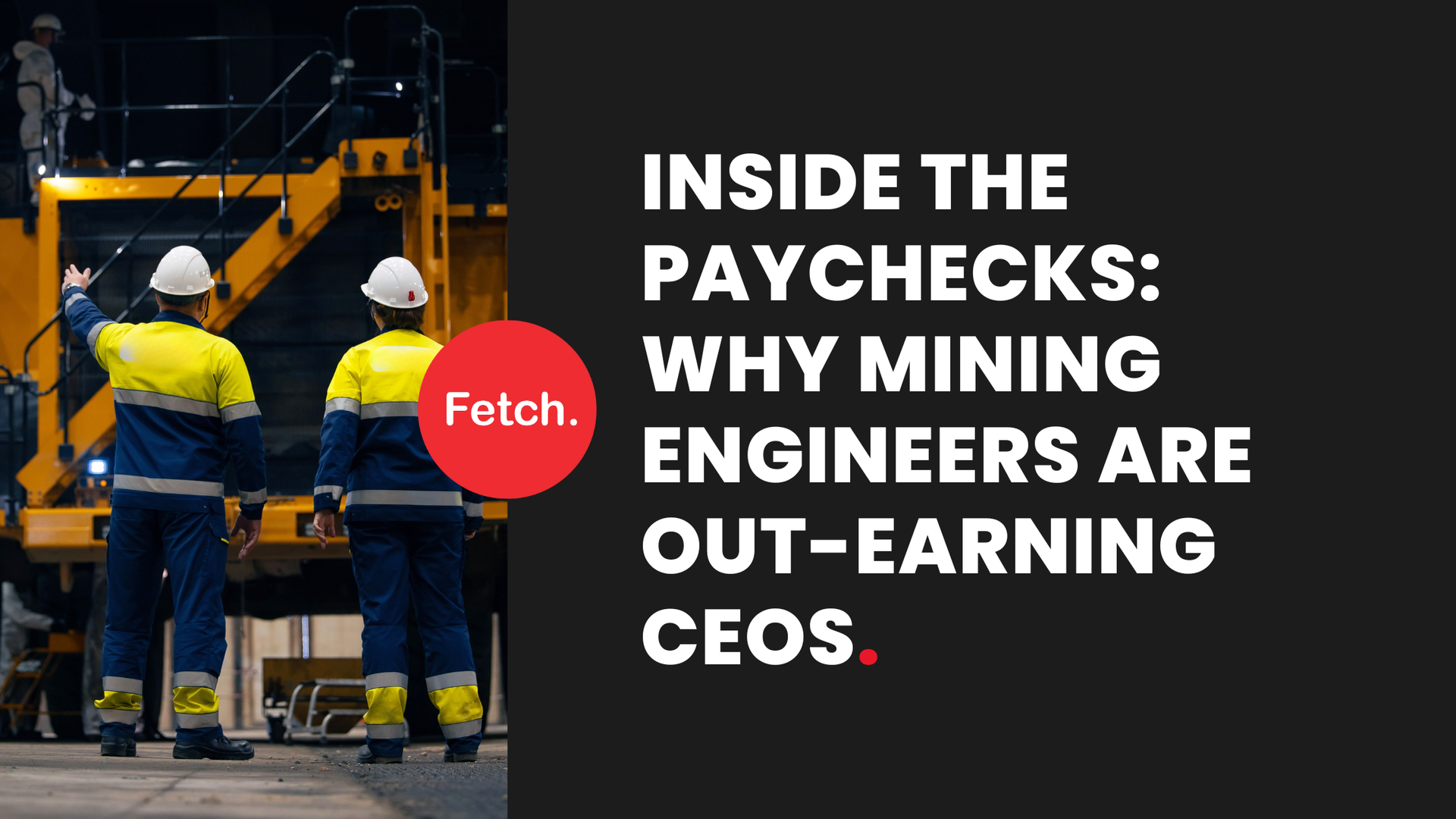Sourcing the top talent within
The Built Environment.
At Fetch, we provide opportunities that positively impact the lives of others.
11k
Candidates placed into roles
4.8✰
Google review score
300k
Growing talent pool
15k
Candidates placed into roles
4.8✰
Google review score
378k
Growing talent pool
Our Sectors.
Latest News.

October 12, 2025
Bringing new employees into your business is exciting, but it’s also a major investment. Between advertising, interviewing, onboarding, and training, hiring can take a lot of time and resources. That’s why improving employee retention during the first six months is so important. At Fetch Recruitment , we see firsthand how critical those first few months are in any new role. It’s when trust is built, expectations are defined, and company culture either connects or conflicts. Here are five proven strategies to reduce staff turnover , improve engagement, and set new hires up for long-term success. 1. Be Honest About the Role from the Start One of the biggest reasons employees leave early is that the job isn’t what they expected. When the reality of the role or culture doesn’t match what was described during hiring, disappointment sets in fast. Set clear and honest expectations from the very beginning. Be upfront about both the rewarding and challenging aspects of the job. Let candidates meet the team, see the workplace and ask questions before they start. The clearer the picture you paint, the stronger the long-term fit. 2. Make Onboarding More Than a First Week A great onboarding experience doesn’t end after induction — it’s an ongoing process that continues for months. Structured onboarding helps new hires feel capable, confident and connected. Give them time to understand your business, meet people from different teams and get comfortable in their role. Assign a buddy or mentor who can answer the small questions that make a big difference. Consistent check-ins and support will help new starters build momentum and stay engaged. 3. Set Clear Expectations and Shared Goals Clarity is everything in the first few months. When employees aren’t sure what success looks like or what’s expected of them, confidence and motivation can slip. Outline measurable goals together for the first three, six and twelve months. Discuss how progress will be tracked, what resources are available and how feedback will be shared. When expectations are mutual and transparent, accountability and trust follow. 4. Support, Feedback and Recognition Starting a new role can be daunting, even for experienced professionals. Regular check-ins and feedback make a huge difference in helping people feel seen and supported. Provide frequent, constructive feedback — not just at review time. Celebrate wins early and often, even the small ones. Open communication and recognition build confidence, reduce anxiety and help new hires settle into your workplace culture faster. 5. Invest in Growth from Day One People want to know they’re building a future, not just filling a role. The first six months are the perfect time to show new hires you’re invested in their development. Offer access to training, mentoring or skill-building opportunities early on. Encourage shadowing, collaboration and hands-on learning. When employees can see a clear path to growth, they’re more likely to stay engaged and loyal for the long term. Building Retention Into Recruitment Hiring doesn’t end when the offer is signed. The success of every hire depends on what happens next. When you combine transparency, structured onboarding, clear goals, regular feedback and early development opportunities, you don’t just fill roles — you build teams that last. Fetch Recruitment partners with employers across Australia to help them find, engage and retain great people.
Latest News.

October 12, 2025
Bringing new employees into your business is exciting, but it’s also a major investment. Between advertising, interviewing, onboarding, and training, hiring can take a lot of time and resources. That’s why improving employee retention during the first six months is so important. At Fetch Recruitment , we see firsthand how critical those first few months are in any new role. It’s when trust is built, expectations are defined, and company culture either connects or conflicts. Here are five proven strategies to reduce staff turnover , improve engagement, and set new hires up for long-term success. 1. Be Honest About the Role from the Start One of the biggest reasons employees leave early is that the job isn’t what they expected. When the reality of the role or culture doesn’t match what was described during hiring, disappointment sets in fast. Set clear and honest expectations from the very beginning. Be upfront about both the rewarding and challenging aspects of the job. Let candidates meet the team, see the workplace and ask questions before they start. The clearer the picture you paint, the stronger the long-term fit. 2. Make Onboarding More Than a First Week A great onboarding experience doesn’t end after induction — it’s an ongoing process that continues for months. Structured onboarding helps new hires feel capable, confident and connected. Give them time to understand your business, meet people from different teams and get comfortable in their role. Assign a buddy or mentor who can answer the small questions that make a big difference. Consistent check-ins and support will help new starters build momentum and stay engaged. 3. Set Clear Expectations and Shared Goals Clarity is everything in the first few months. When employees aren’t sure what success looks like or what’s expected of them, confidence and motivation can slip. Outline measurable goals together for the first three, six and twelve months. Discuss how progress will be tracked, what resources are available and how feedback will be shared. When expectations are mutual and transparent, accountability and trust follow. 4. Support, Feedback and Recognition Starting a new role can be daunting, even for experienced professionals. Regular check-ins and feedback make a huge difference in helping people feel seen and supported. Provide frequent, constructive feedback — not just at review time. Celebrate wins early and often, even the small ones. Open communication and recognition build confidence, reduce anxiety and help new hires settle into your workplace culture faster. 5. Invest in Growth from Day One People want to know they’re building a future, not just filling a role. The first six months are the perfect time to show new hires you’re invested in their development. Offer access to training, mentoring or skill-building opportunities early on. Encourage shadowing, collaboration and hands-on learning. When employees can see a clear path to growth, they’re more likely to stay engaged and loyal for the long term. Building Retention Into Recruitment Hiring doesn’t end when the offer is signed. The success of every hire depends on what happens next. When you combine transparency, structured onboarding, clear goals, regular feedback and early development opportunities, you don’t just fill roles — you build teams that last. Fetch Recruitment partners with employers across Australia to help them find, engage and retain great people.









